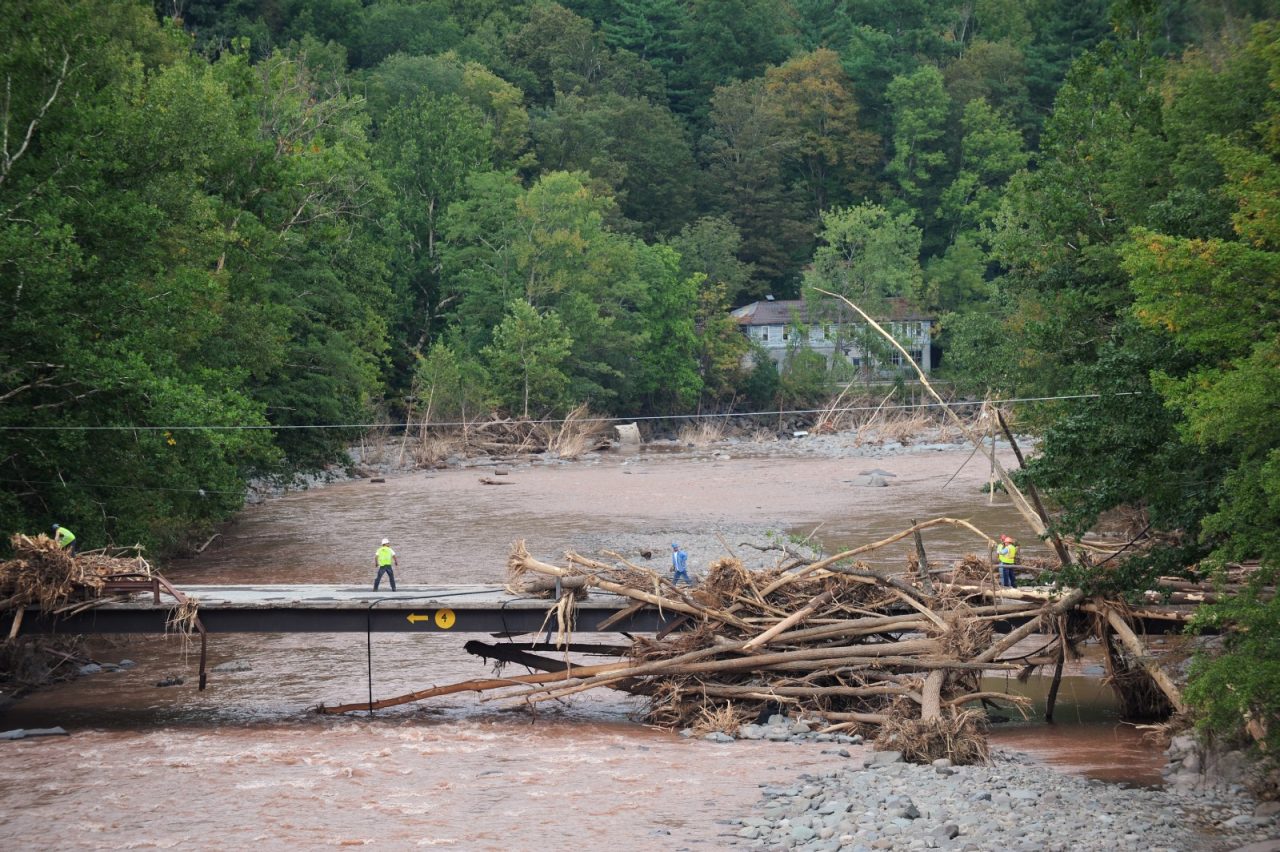Key Findings
Researchers interviewed 38 experts in philanthropy, government, the nonprofit sector, academia, and business, and found that:
- Funding of health and climate change is extremely limited, ad hoc, haphazard, and lacking a coordinated strategy. Notably, however, some health care systems are engaging in the area by decarbonizing their facilities.
- Basic research is no longer needed to establish the threat of climate change to health. Instead, applied research is needed to inform the implementation of effective interventions at the local level. The southeastern U.S. would be a good starting point.
- More data is needed to granularly quantify areas where climate change mitigation also yields health benefits or “co-benefits.” For example, information on how interventions that increase walking, cycling, or electric vehicles on the road also reduce greenhouse gas emission, could inform policymaking.
- Communications strategies that frame climate change as a human health problem make it a personal, relevant, and more manageable problem. Here stories and pictures, especially about extreme weather events, are more persuasive than numbers and statistics.
- Protecting vulnerable populations in the context of a changing climate will be key. There is opportunity to develop a more comprehensive definition of climate-specific vulnerable populations. Initiatives to mitigate the disproportionate impacts of climate-related health risks on these populations are critical and should not take a “one size fits all” approach.
